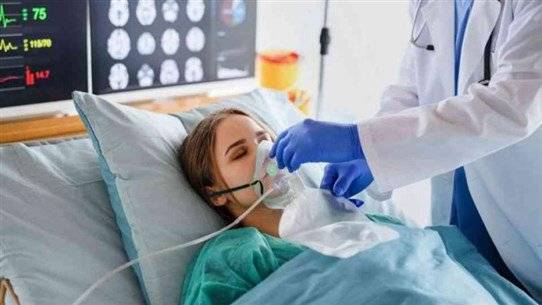Some individuals have successfully navigated through waves of COVID-19 infections, particularly during the surge caused by the highly contagious Omicron variant, and have not contracted the virus even after more than two years since the onset of the pandemic.
Some attribute their lack of infection to carefully following COVID-19 precautions, while others believe it is due to sheer luck. Additionally, some still wonder if they might have contracted the virus without displaying symptoms, which would lead to undetected infection. Alternatively, they might have shown symptoms, but their test results came back negative due to improper sampling or inappropriate timing of the sample collection.
### Scientific Explanation... and Reasonable Hypotheses
Scientific efforts to explain this phenomenon are ongoing, but no definitive answer has been found regarding why some individuals have not contracted COVID-19. It is likely due to multiple factors.
Dr. Leif Erik Sander, Director of the Department of Infectious Diseases and Respiratory Medicine at Charité University Hospital in Berlin, stated, "It seems there are a number of reasonable hypotheses." He added, "First, it is important to consider that many COVID-19 infections occur unnoticed or are not widely recognized. Moreover, it is clear that the frequency of testing plays a role in detecting infection. If tests are not conducted regularly, there is a greater chance of being unaware of a mild or asymptomatic infection. On the other hand, genetic factors may also influence susceptibility to COVID-19."
### Blood Type Influence
Virologist Dietmar pointed out that HLA molecules, or human leukocyte antigens (the name for the major histocompatibility complex in humans), encoded by a set of genes, play a crucial role in the body’s immune response to pathogens. He added that a person’s blood type not only affects disease severity but may also influence their susceptibility to the virus.
### Role of Vaccines in Reducing Infection Rates
The protection provided by COVID-19 vaccines is often underestimated. Sander noted that even though antibody levels in the blood, which can neutralize the invading coronaviruses, decrease after some time post-vaccination, "the protection remains high for several months... which also helps reduce infection rates."
The immune response to COVID-19 vaccines varies from person to person. He remarked, "If the response is particularly good, then being vaccinated with a prior infection from one of the four common coronaviruses may also play a role." According to Dietmar, a specific subclass of antibodies has been identified that provides particularly good protection against COVID-19, saying, "Measuring it is complex, and therefore, no one knows at this time if they have these antibodies or not."




